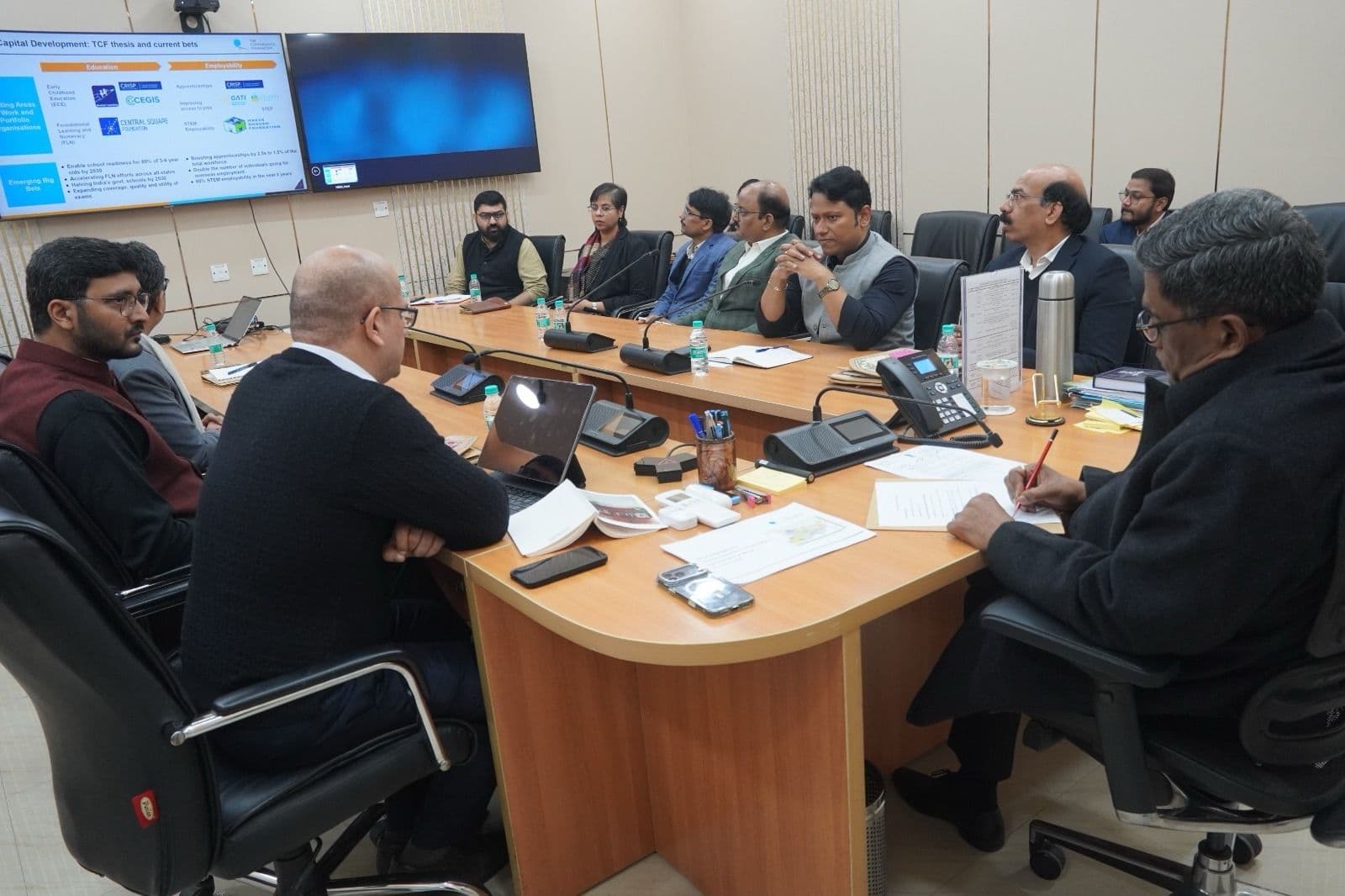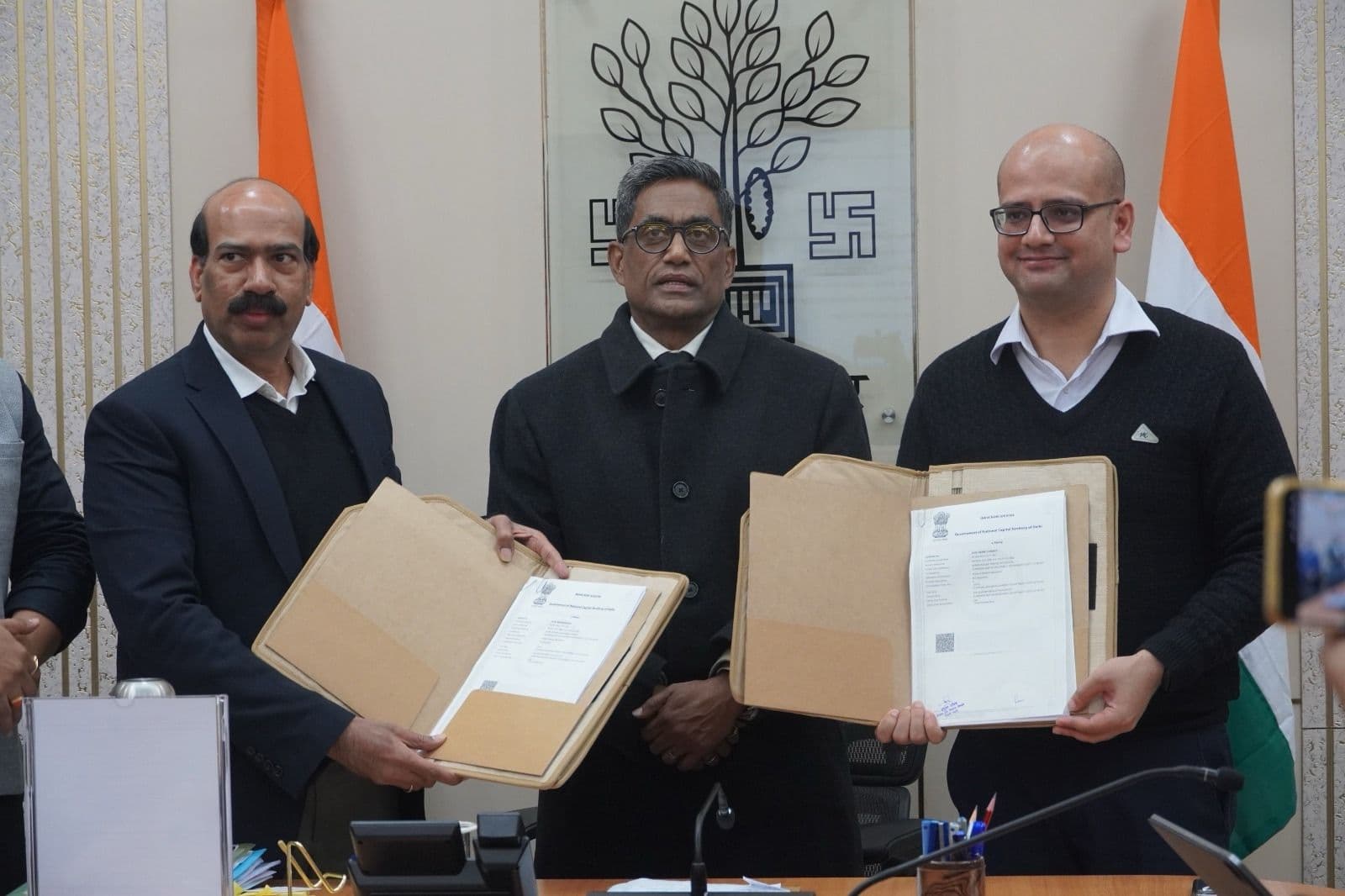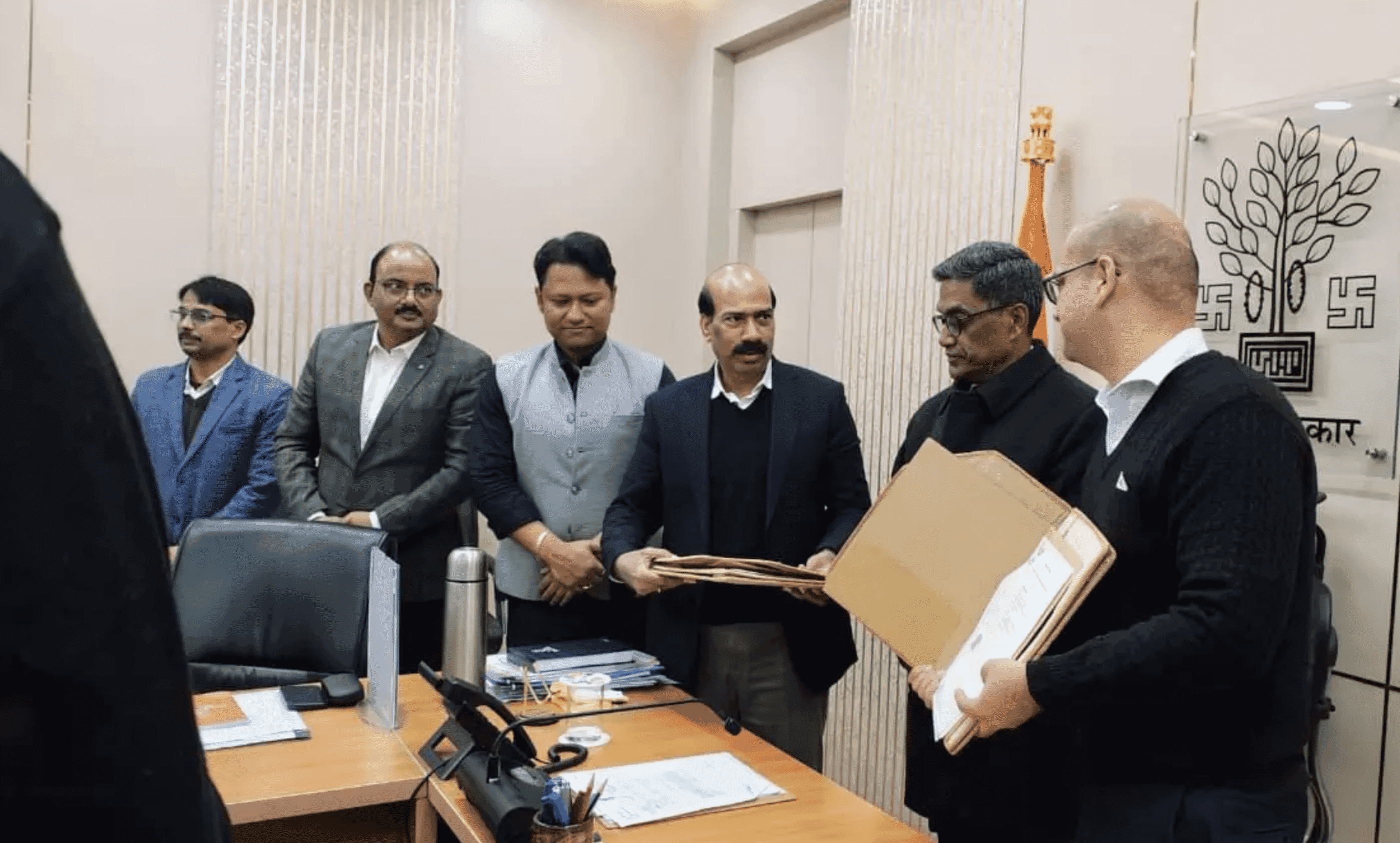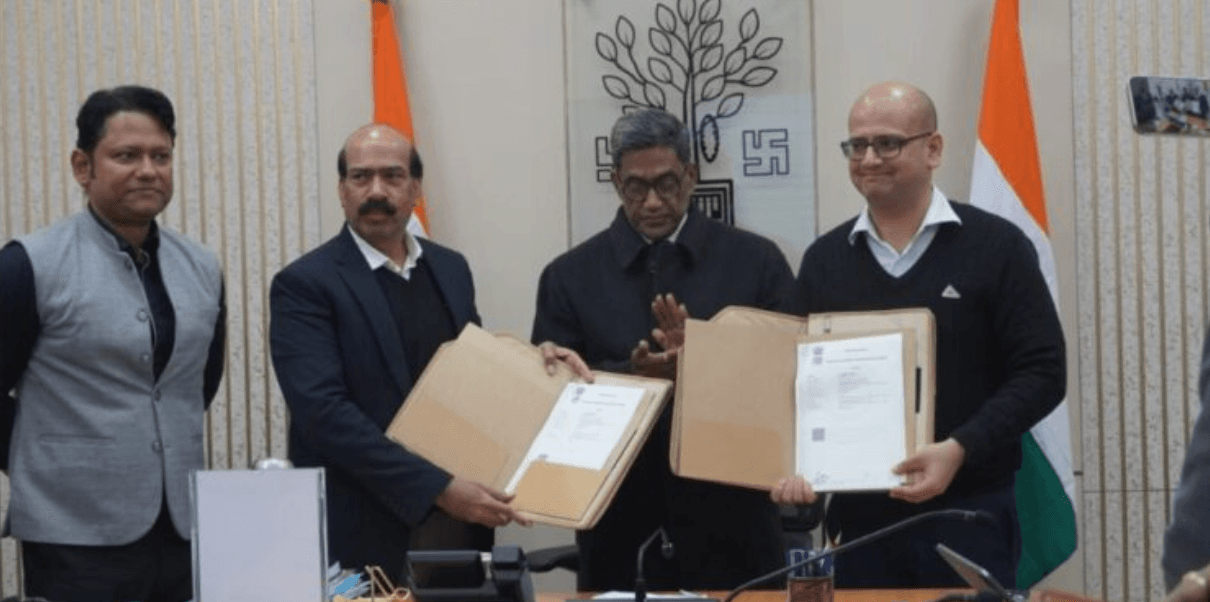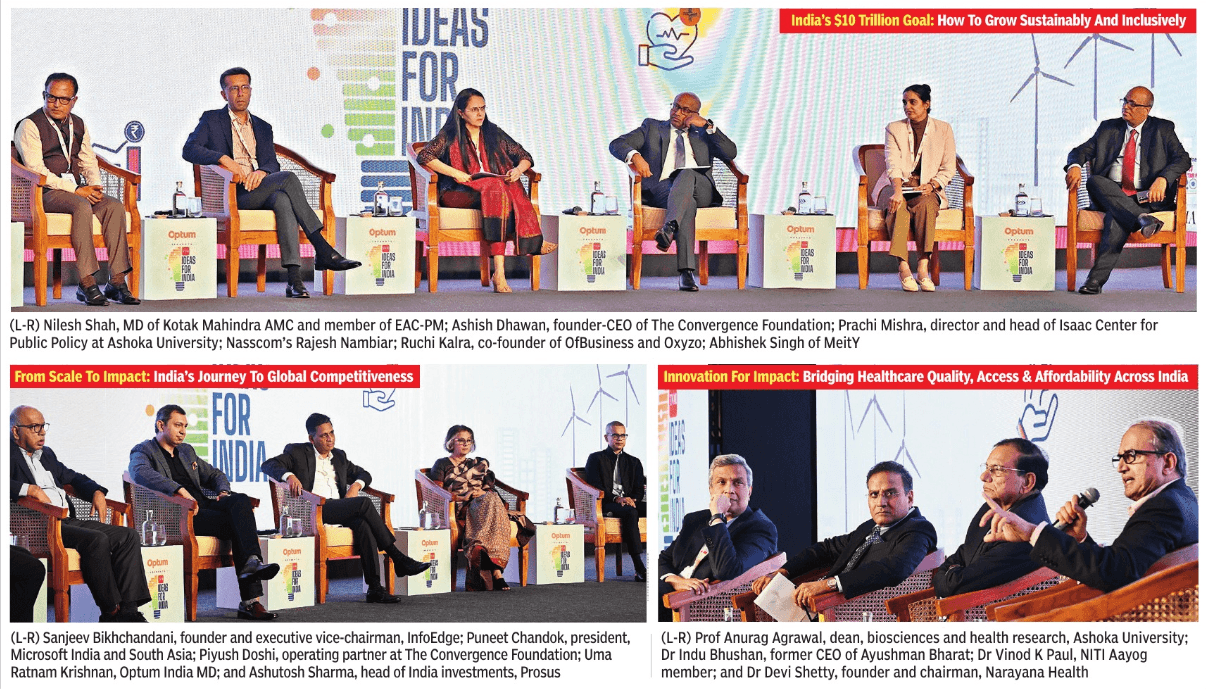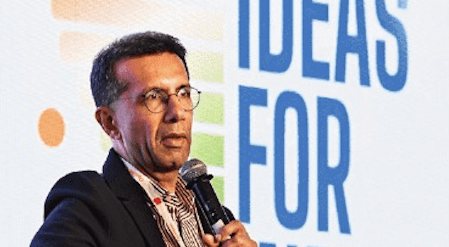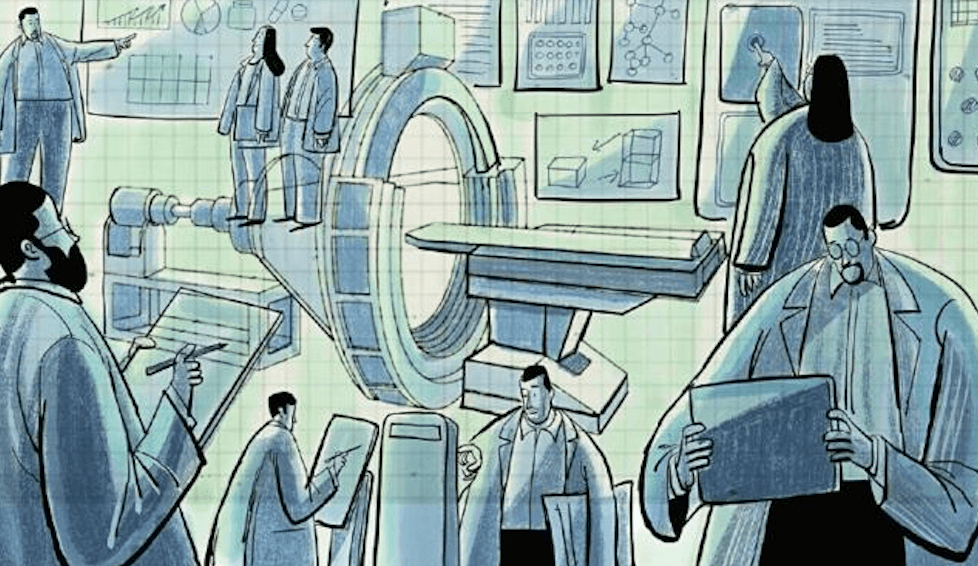The Foundation for Economic Development (FED) has developed strong programmes to ramp up India’s competitiveness in manufacturing for exports, which have the potential to create 10 crore jobs and pull workers from (on a per capita basis) less-productive agriculture to more-productive industry. Cost disabilities coming in the way of export competitiveness exist in such areas as tariff rates, paucity of free trade agreements, taxation, land price and availability, labour law, building bye-laws, cost of capital, and logistics. In addition, the regulatory ecosystem is complex, burdensome, and uncertain for investors relative to competitor countries. FED and Prosperiti have drawn up detailed action plans for tackling all of these.
The Infravision Foundation and Institute for Sustainability, Employment and Growth (ISEG) Foundation work on programmes to revamp urban infrastructure. To enhance the efficiency and sustainability of urban growth, city development plans must integrate all infrastructure sectors into spatial development plans, tackling issues such as housing and transport. ISEG Foundation provides economic master planning for cities, and advisory to states on such issues as blueprints and implementation plans for a specific employment intensive sector, investment attraction and execution or net zero transition. The Infravision Foundation evaluates infrastructure programmes and shares solutions in related investments and capacity building, especially in the area of Public Private Partnerships.
To enhance productivity and thus incomes, India must boost its tech capabilities.
The Foundation for Advancing Science and Technology (FAST India) works on schemes to achieve this. They include efficiently targeting the Anusandhan National Research Foundation (ANRF) fund through Grand Challenge Technology Missions that are problem-specific, time-bound, ecosystem-mobilising, and professionally managed, emulating global successes such as the US Defence Advanced Research Projects Agency (DARPA); rolling out the ‘Lab Stack’ Digital Public Infrastructure to seamlessly facilitate transactions across the research ecosystem; and revising the General Financial Rules (GFR) for science to improve the ease of doing science in India.
